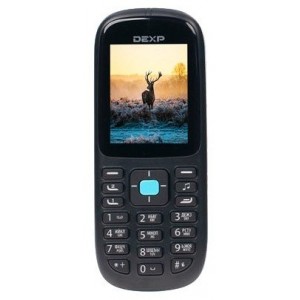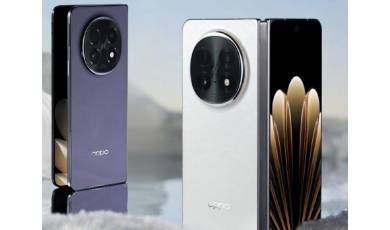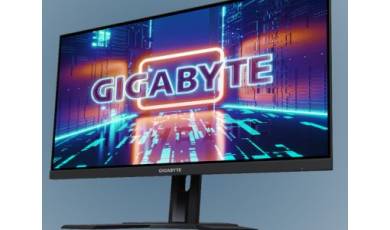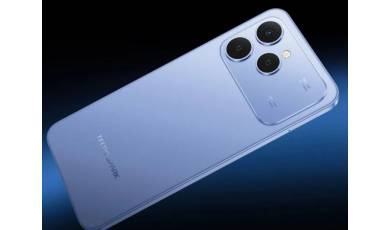DEXP Larus E6 specs.
Mobiles >> DEXP >> DEXP Larus E6| Specifications | Reviews | Secret codes |

Basic Spec DEXP Larus E6
Memory card slot:
yes, volume of up to 16 GB
Multi SIM mode:
alternate
SIM-card amount:
2
SIM-card type:
regular
Design DEXP Larus E6
Case type:
classic
Case material:
plastic
Height:
109 mm
Width:
55 mm
Thickness:
15.5 mm
Weight:
51 grams
Display DEXP Larus E6
Screen Size: This diagonal display size is usually measured in inches.
This diagonal display size is usually measured in inches.
1.77"
Screen type:
colored TFT, 262.14 thousand colors
Screen Size: This diagonal display size is usually measured in inches.
This diagonal display size is usually measured in inches.
160x128
Number of pixels per inch (PPI):
116
Connectivity DEXP Larus E6
Standard:
GSM 900, 1800
Interfaces:
Bluetooth 2.1
Internet access:
none
Multimedia DEXP Larus E6
Audio:
MP3
Dictaphone:
yes
Games:
yes
Tune type:
polyphony, MP3-tunes
Vibrocall:
yes
Messages DEXP Larus E6
MMS:
yes
Other functions DEXP Larus E6
Speakerphone:
yes
Battery DEXP Larus E6
Battery:
removable panels
Battery capacity:
600 mA⋅h
Battery type:
Li-Ion
Connector type for charging:
micro-USB
Standby time:
80 hours
Talk time:
6 hours
Comments, Questions and Answers about DEXP Larus E6
Ask a question about DEXP Larus E6





